Earth's Systems

Educators and Parents, Sign Up for The Cheat Sheet
Weekly updates to help you use Science News Explores in the learning environment
Thank you for signing up!
There was a problem signing you up.
-
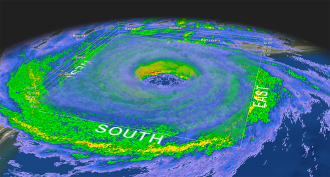 Climate
ClimateExplainer: The furious eye(wall) of a hurricane or typhoon
The eyewall is the most intense part of a hurricane. Here’s what drives its fury.
-
 Earth
EarthExplainer: Where fossil fuels come from
Despite one oil company famously using an Apatosaurus as its logo, oil, gas and coal don’t come from dinosaurs. They do, however, come from a long time ago.
-
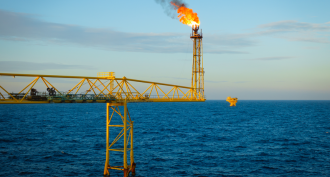 Earth
EarthExplainer: CO2 and other greenhouse gases
Carbon dioxide is just one of several chemicals that contribute to the greenhouse effect. Nitrous oxide, methane and CFCs are other big contributors.
-
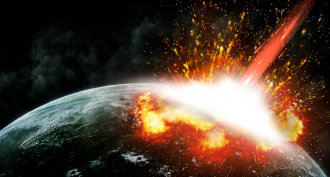 Planets
PlanetsAsteroids may have delivered water to early Earth
Scientists shot mineral pellets at a simulated planet. It showed an impact wouldn’t have boiled off all of an asteroid’s water.
-
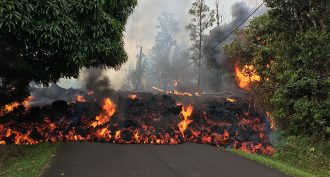 Earth
EarthHow long will Kilauea’s new eruption last?
A government volcano expert answers burning questions about the ongoing Kilauea eruption.
-
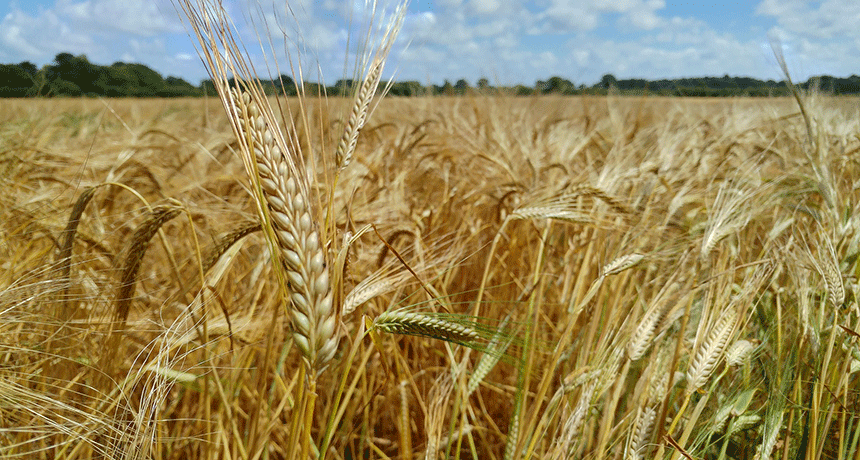 Climate
ClimateAnalyze This: Climate change could make food less healthy
Levels of important nutrients are lower in crops exposed to high levels of carbon dioxide, a greenhouse gas. How high? Try levels expected to be typical 30 years from now.
-
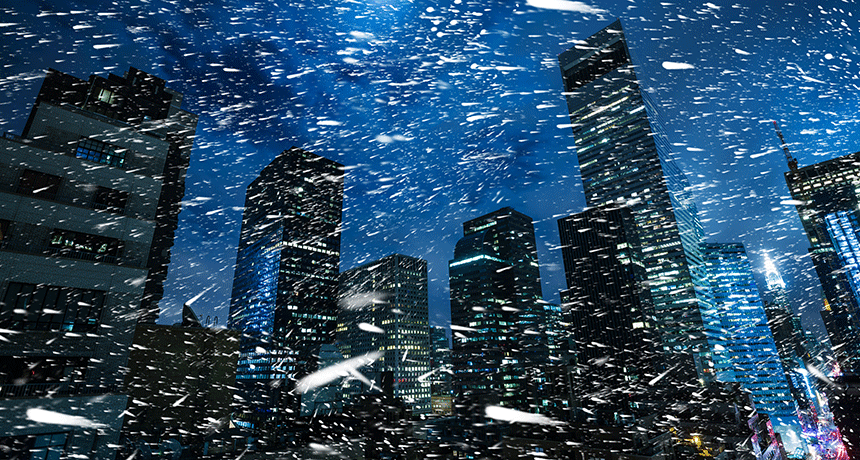 Physics
PhysicsExplainer: What is thundersnow?
Wacky weather produced lots of thundersnow during New England’s recent winter storms. Some scientists now suspect Mother Nature got some human help.
-
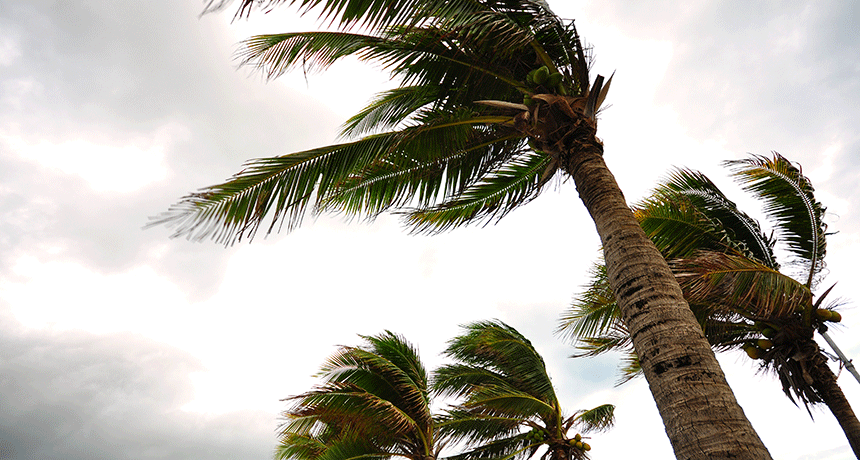 Physics
PhysicsExplainer: Winds and where they come from
Temperature and pressure are critical factors affecting why the wind blows where it does. Understanding the nature of wind can teach us a lot about weather.
-
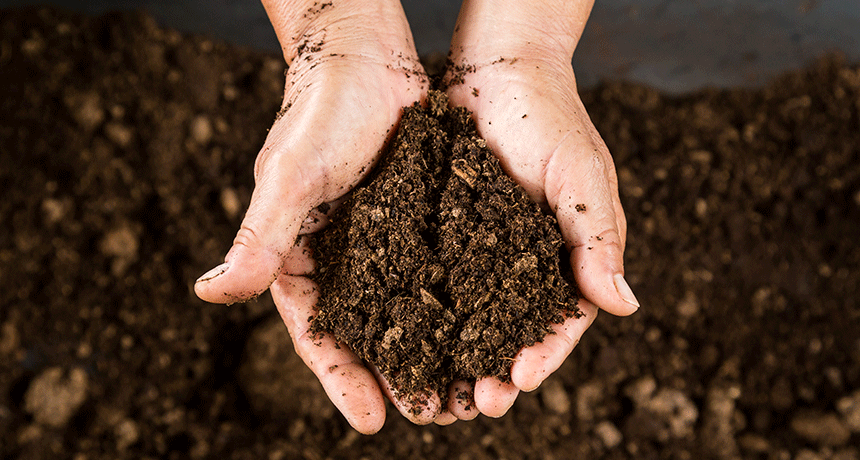 Earth
EarthExplainer: What makes dirt different from soil
Although most people use the terms dirt and soil interchangeably, scientists argue that they shouldn’t. Soil has provenance — meaning history. Dirt doesn’t.
By Janet Raloff -
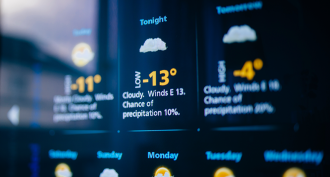 Science & Society
Science & SocietyExplainer: Weather and weather prediction
The sun and Earth combine to create the planet’s weather systems. And science is getting good at predicting what they’ll do.
-
 Physics
PhysicsDisabilities don’t stop these experts in science and tech
People with disabilities are as varied as the careers some of them pursue in science, technology, engineering and math.
-
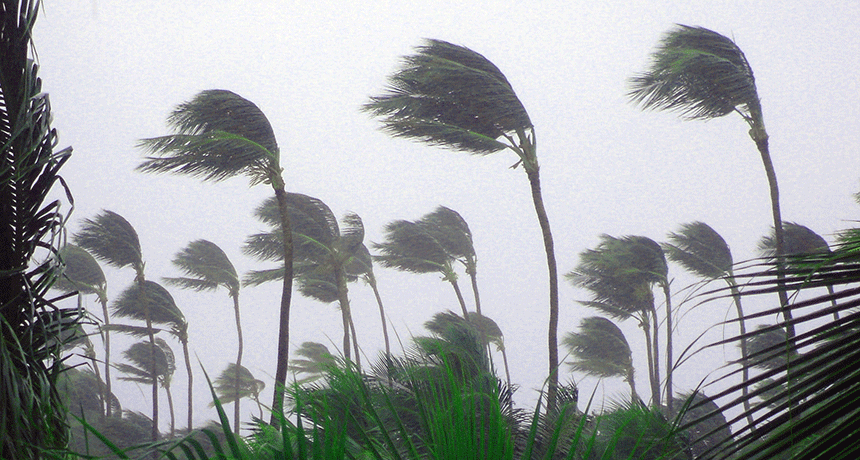 Earth
EarthExplainer: Hurricanes, cyclones and typhoons
Hurricanes are some of the most destructive forces on the planet. Here’s how they form and why they are so dangerous.